Business Solutions for the Real World
Give us a call to get started! 304.935.2002
Centurion Insurance
Business Solutions for the Real World.
Our Mission
CENTURION INSURANCE SERVICES’ MISSION is to offer the highest quality commercial insurance and employee benefits products. We strive to provide superior customer service through our team of experienced, trusted professionals, while matching clients with the best value for their needs. Our expert industry knowledge empowers us to provide unique, innovative solutions personalized for each client.
How Can We Help?
Our experts are committed to providing personalized solutions for each unique business need.
Our Mission
CENTURION INSURANCE SERVICES’ MISSION is to offer the highest quality commercial insurance and employee benefits products. We strive to provide superior customer service through our team of experienced, trusted professionals, while matching clients with the best value for their needs. Our expert industry knowledge empowers us to provide unique, innovative solutions personalized for each client.
How Can We Help?
Our experts are committed to providing personalized solutions for each unique business need.
Committed to providing personalized solutions.
304.935.2002
Committed to providing personalized solutions.
304.935.2002
Our Work
Centurion offers a variety of customizable property and casualty insurance and employee benefits products, designed to meet the needs of each individual client.
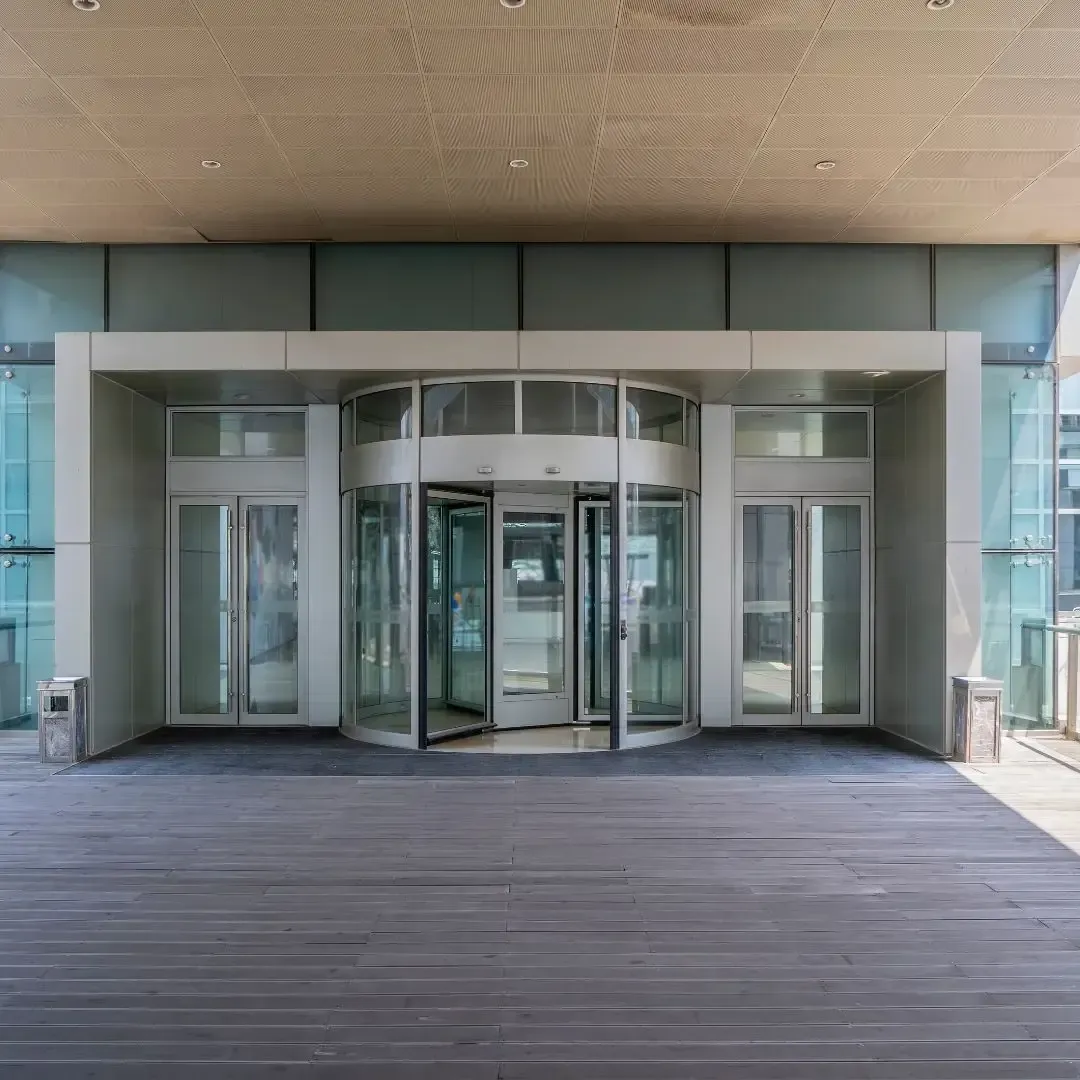
Property & Casualty Insurance

Employee Benefits Services
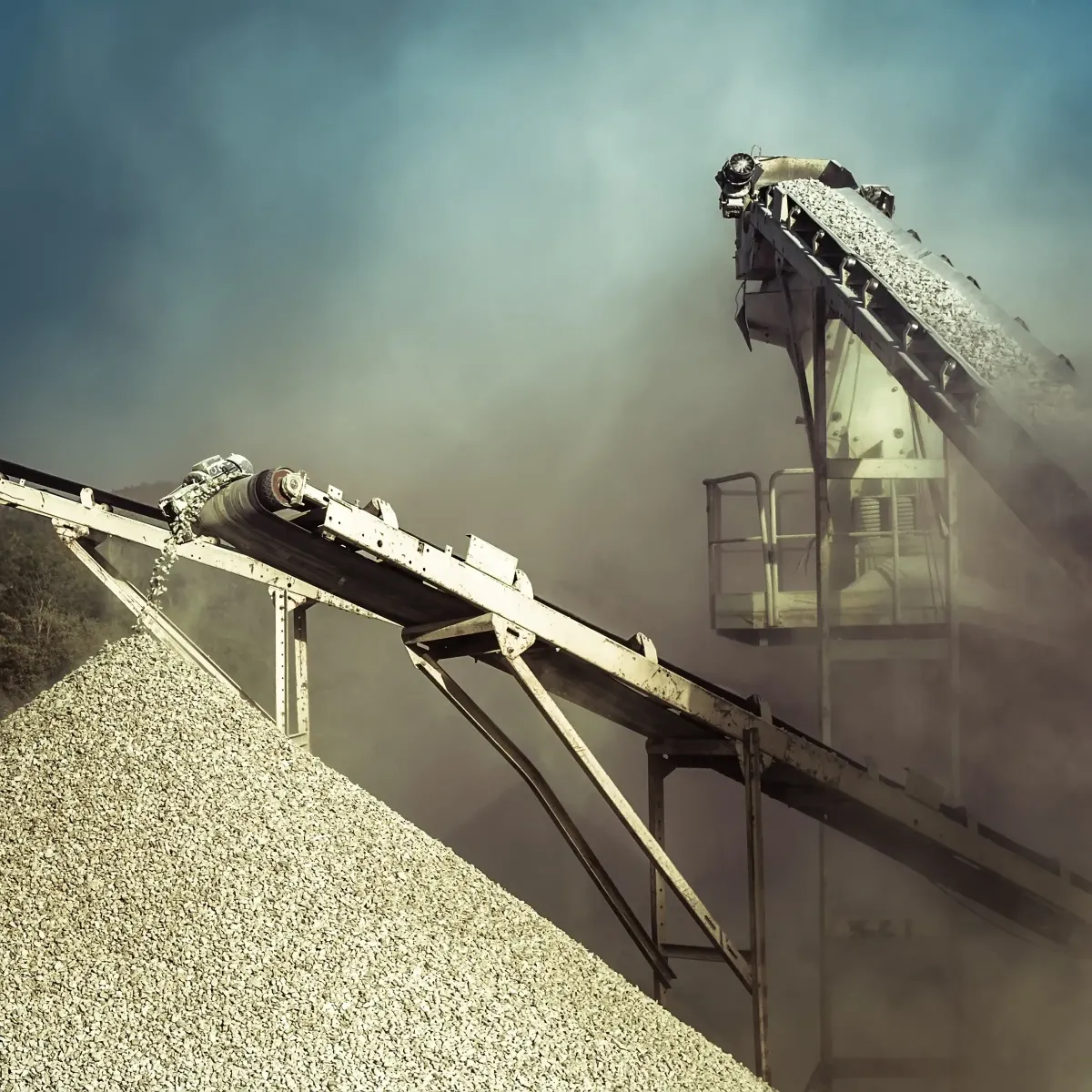
Energy & Manufacturing

Loss Control
Our Work
Centurion offers a variety of customizable property and casualty insurance and employee benefits products, designed to meet the needs of each individual client.
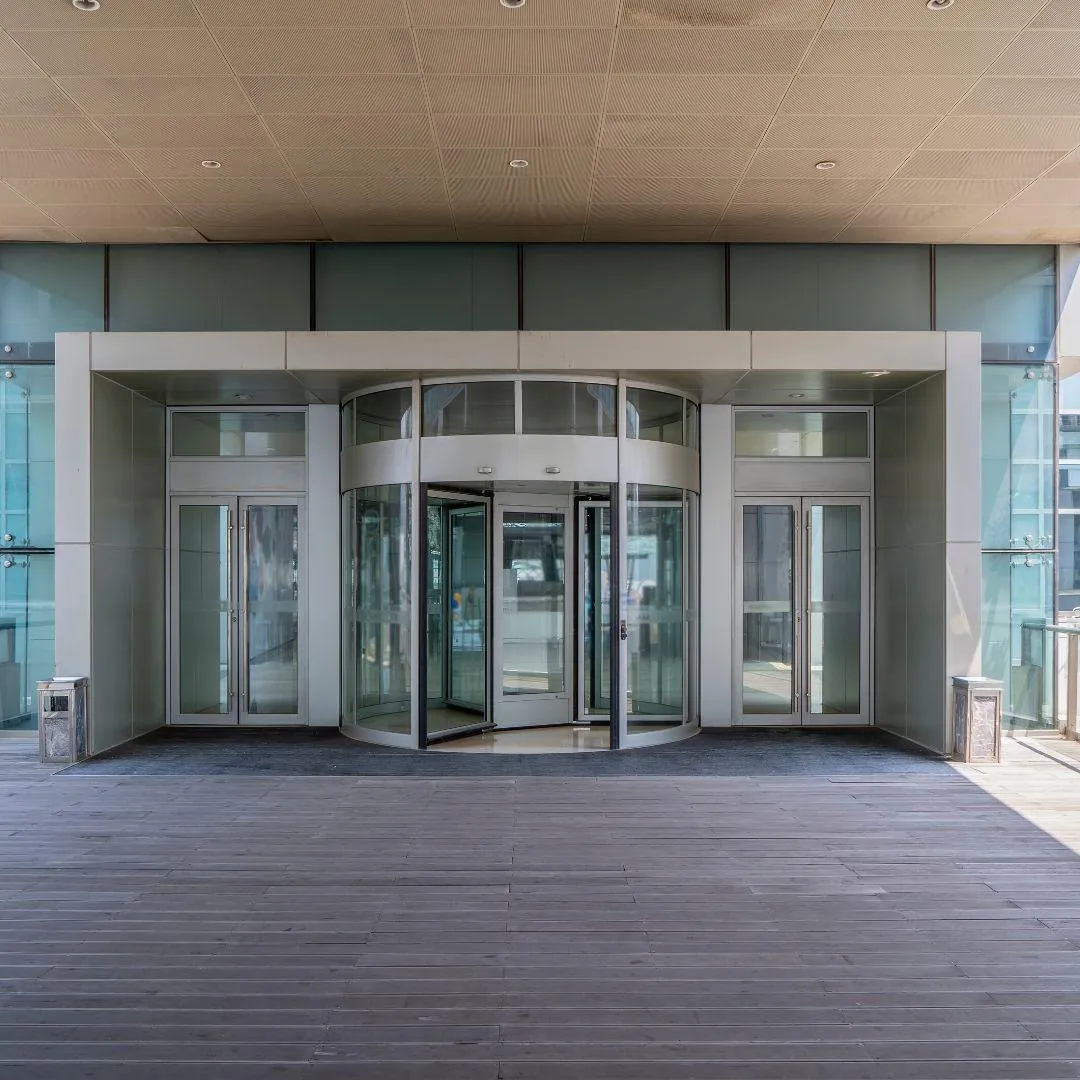
Property & Casualty Insurance

Employee Benefits Services
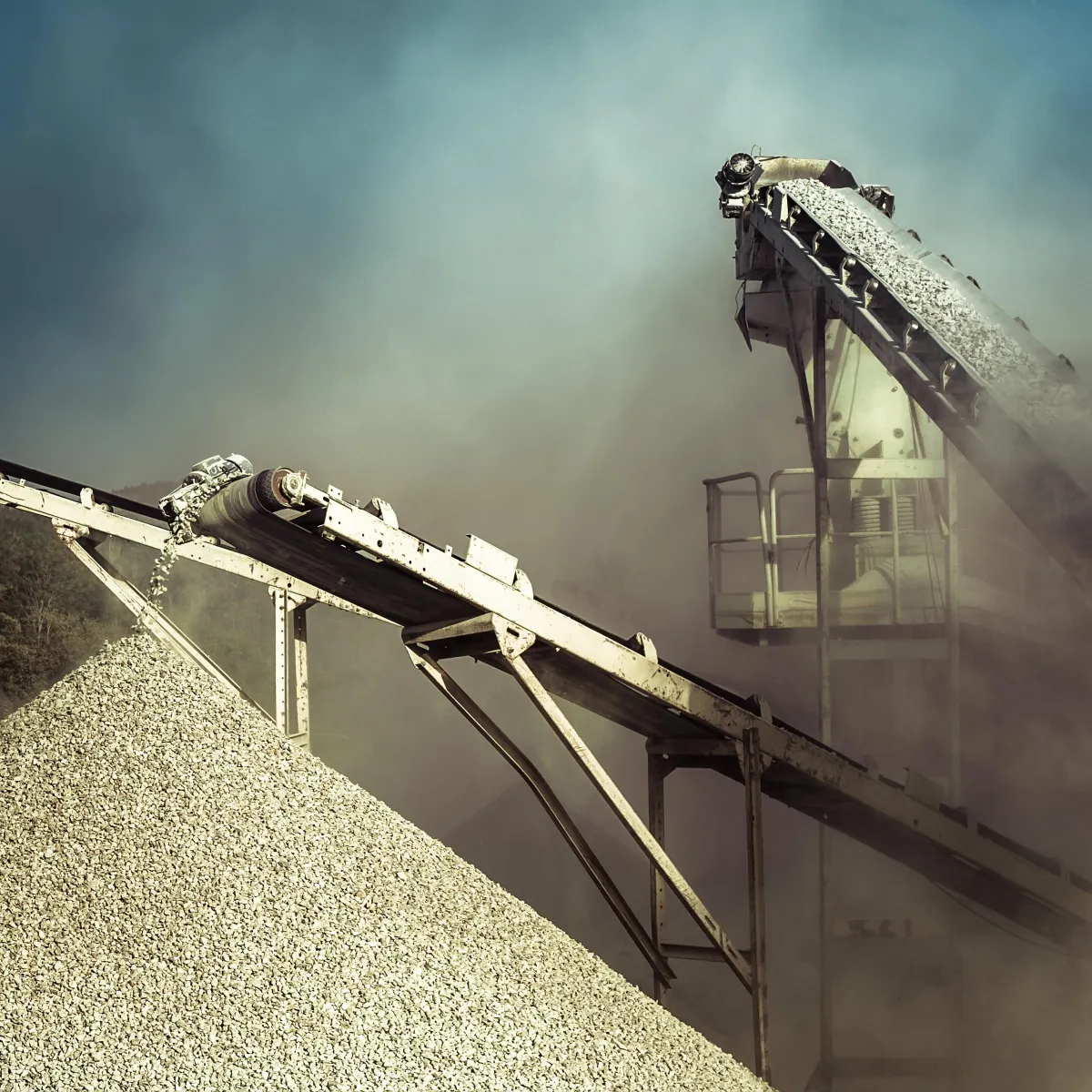
Energy & Manufacturing

Loss Control
Our Team
In 2017, insurance experts Adam Rohrig and Andy Paterno brought together the most customer focused professionals in the industry to found Centurion Insurance Services.
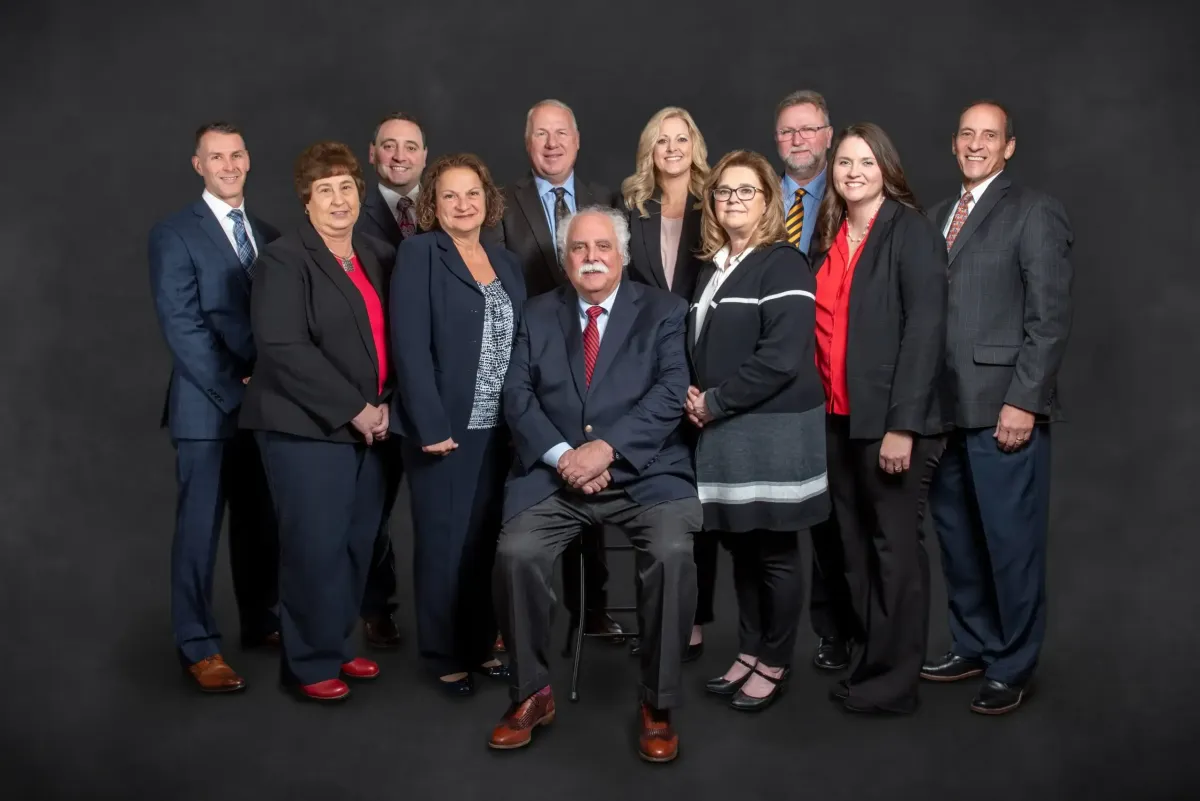
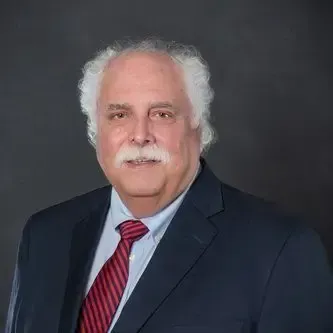
Andrew J. Paterno
CEO

Adam C. Rohrig
President
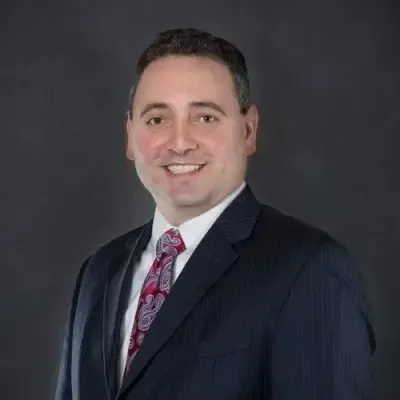
Anthony J. Paterno
Senior Vice President
Our Team
In 2017, insurance experts Adam Rohrig and Andy Paterno brought together the most customer focused professionals in the industry to found Centurion Insurance Services.
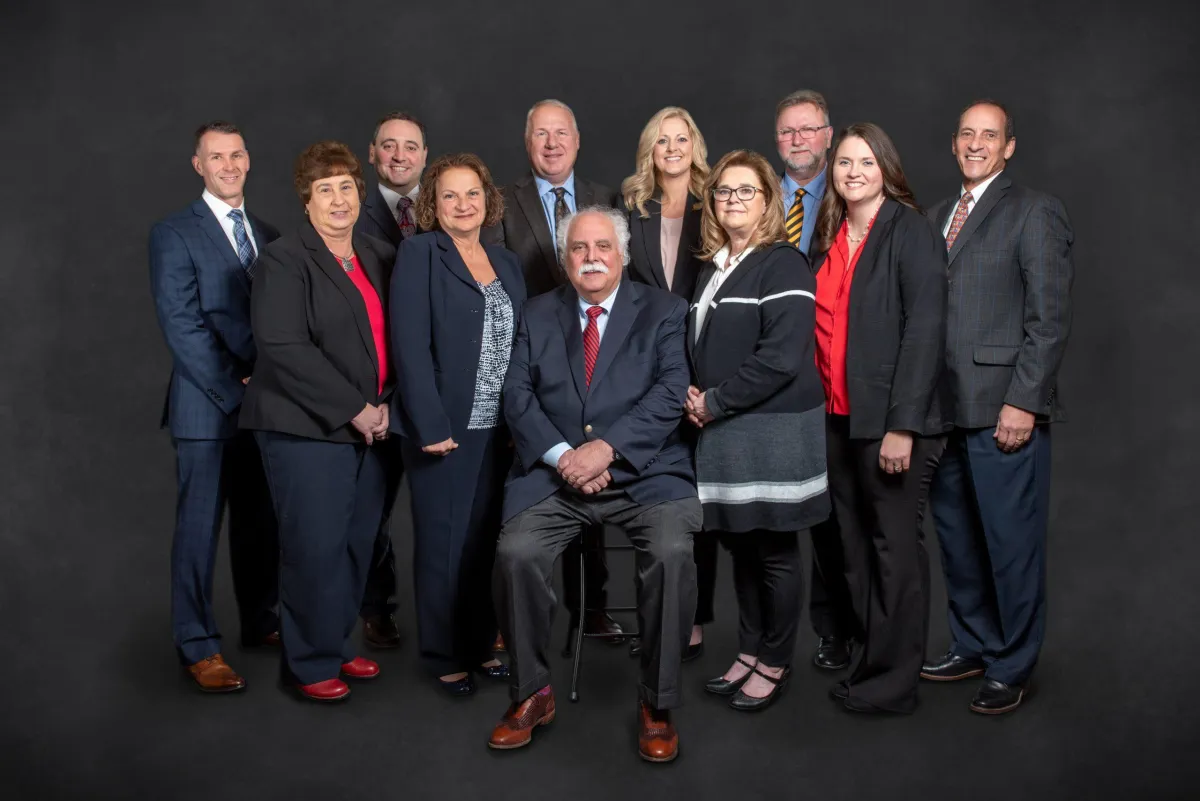
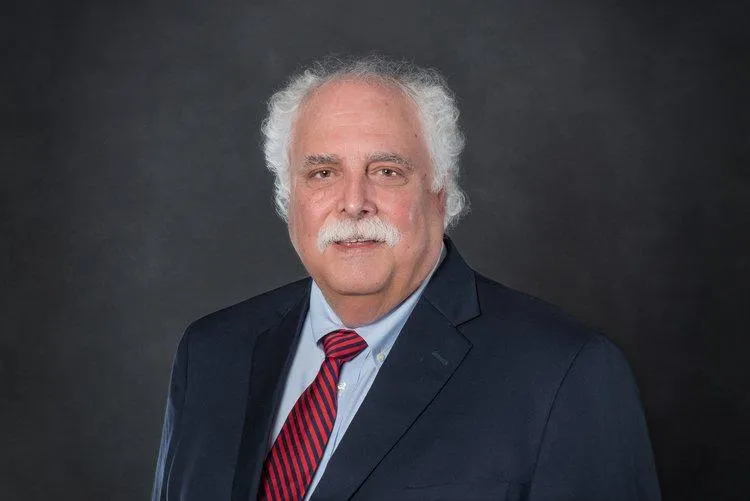
Andrew J. Paterno
CEO

Adam C. Rohrig
President
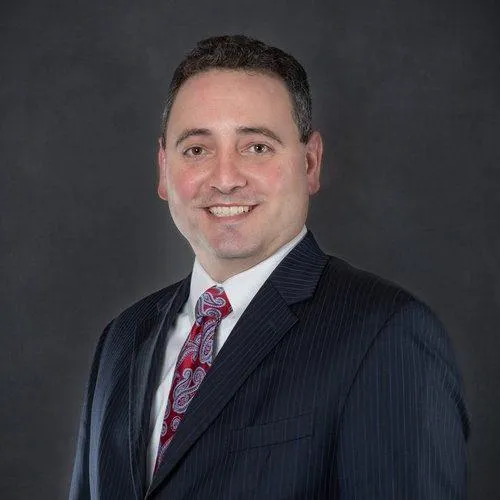
Anthony J. Paterno
Senior Vice President
Testimonials
“Our company is built on the safety of our employees, our customers and our community. Centurion provides us with those key values by providing high quality cost effective employee benefits programs keeping our employees and their families safe and financially secure. Their personal service is friendly, efficient and of great value. Centurion and its principles have been with us since day one and I have truly valued our relationship with them over the years.”
Moses Skaff, Mountaineer Gas
“Working with Centurion has greatly benefited our business. They’re responsive and make me feel like a valued customer. Financially, we were able to negotiate a better rate for insurance services than with our previous firm. Most importantly, our business relationship has turned into a friendship.”
Nate Henderson, Champion Industries
“I consider our relationship with Centurion as a valuable asset. Due to their extensive experience in the mining industry, they’re able to provide insightful, personalized recommendations that protect our business. When you consider the magnitude of an insurance investment, you want to work with people who are knowledgeable, consistent, reliable and provide great customer service. The Centurion team meets all of those needs and more. I highly recommend Centurion Insurance Services.”
Dick Johnson, C&A Coal, Southern Minerals
“As a growing company, both in size of our assets and number of employees, it is critical we have a trustworthy partner to rely on that understands what we do and recommends the best ways to move forward. Centurion is unique because of their years of corporate experience and ability to give exceptional personal service. Centurion has proven themselves to us time and again and have become part of our team.”
Gov Graney, Nacelle Solutions
“In addition to being very attentive to our insurance needs, Centurion has provided important resources such as templates for our OSHA safety manual and employee handbooks. They’ve been proactive by keeping us informed of policy and regulatory changes. This has been especially helpful for us as a small, independently owned facility. We appreciate not only their assistance in finding alternative choices for insurance coverage, but the full service they provide.”
Administrator, St. Barbaras
SIGN UP FOR OUR NEWSLETTER
(We do not share your data with anyone, and only use it for its intended purpose)
© Copyright 2019 - 2025 | Centurion Insurance

